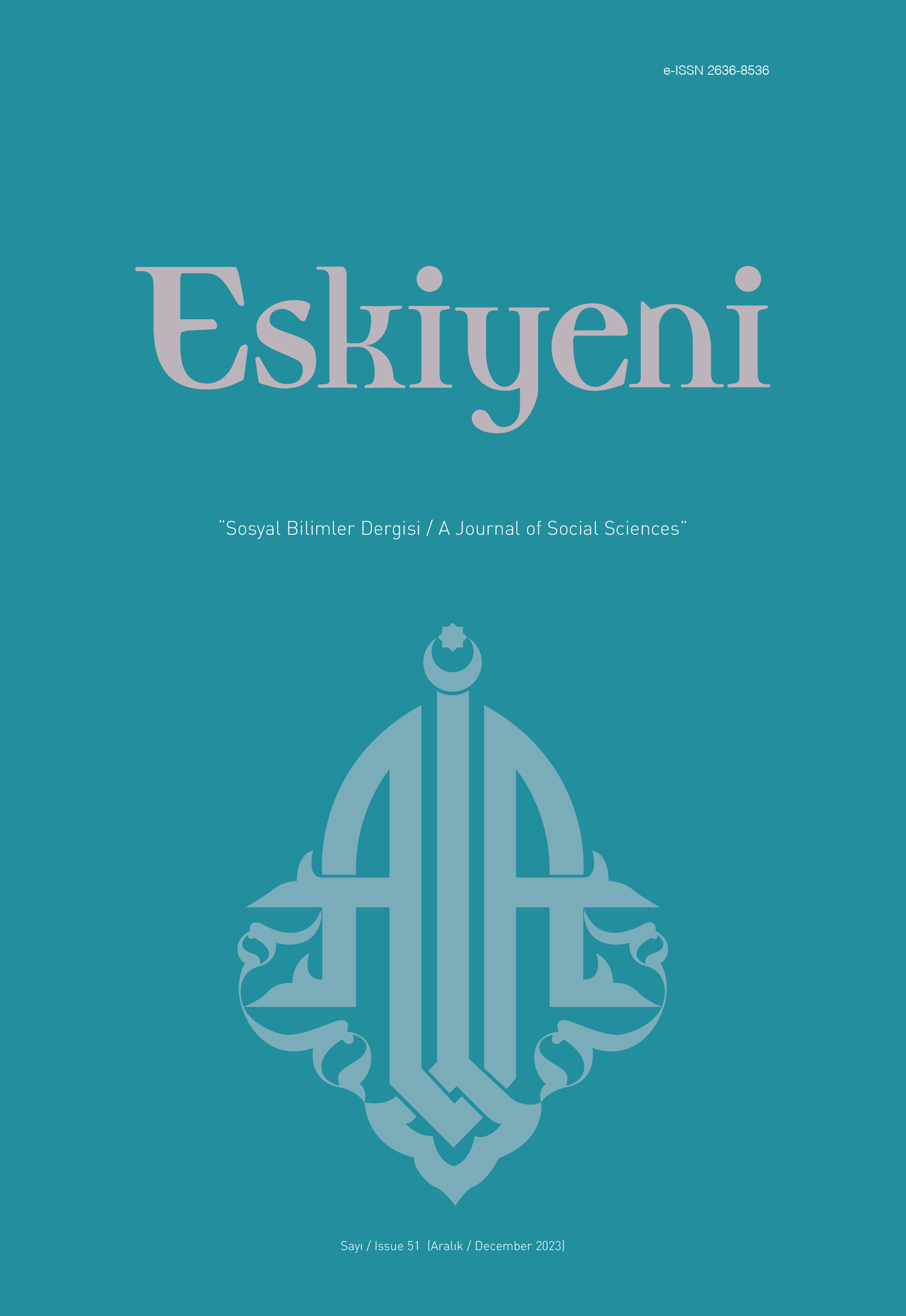Çağdaş Dünyada Kutsalın ve Mitlerin Dönüşümü: Post Modern Kutsallık ve Yansımaları
The Transformation of the Sacred and Myths in the Contemporary World: Post-Modern Sacredness and Its Reflections
Author(s): Şerif Esendemir, Melek AkgünSubject(s): Sociology of Religion
Published by: Anadolu İlahiyat Akademisi
Keywords: Sociology; Sacred; Secular; Secular Sacredness; Post-Modernism; Mythology;
Summary/Abstract: Towards the end of the 20th century, the modern positivist paradigm lost its influence, and with the hermeneutics paradigm coming to the forefront, the position of religion and the sacred in social life began to be questioned again within the scope of the secularization thesis, which is one of the building blocks of modernism. The focus of these inquiries has been on how the function of religion in the public sphere has changed in the modern period and how the secularization thesis has become functional. However, in the 20th century, the postmodern critiques of the hermeneutics paradigm have reversed the hypothesis that religion and the sacred will disappear in modern society, which is the main argument of the secularization thesis. The idea of modernism defined life as a public sphere that distinguishes between the sacred and the secular sphere, ansd that the moral values and forms of worship shape the sacred, while the secular is a public space that includes politics, economy, science, education, etc. The distinction between the sacred-secular and the religious-irreligious, which emerged because of this radical and structural separation of modernism, was questioned again with its post-modernism approach that emphasizes pluralism and differentiation. The continuation of the existence of sacredness that is defined as post-modern sacred or secular sacred today, which emerge in different forms and structures because of the consumer culture created by globalization as “popular culture spirituality”, has been crucial in making sense of the transformation of the sacred from modernism to post-modernism In parallel, myths, which were accepted as religious and sacred narratives in the early ages, have reappeared in the emergence of secular holiness in the postmodern world, although they have been characterized as surreal narratives in the modern period. In this context, in this study, the transformation of mythical thought and the sacred in the processes of modernization, secularization and postmodernization around the basic arguments of modernism and post-modernism ideas is discussed and the effect of mythological view and mythological elements in the emergence of post-modern and secular sacredness in contemporary societies is examined.
Journal: Eskiyeni
- Issue Year: 2023
- Issue No: 51
- Page Range: 1090-1109
- Page Count: 20
- Language: Turkish

